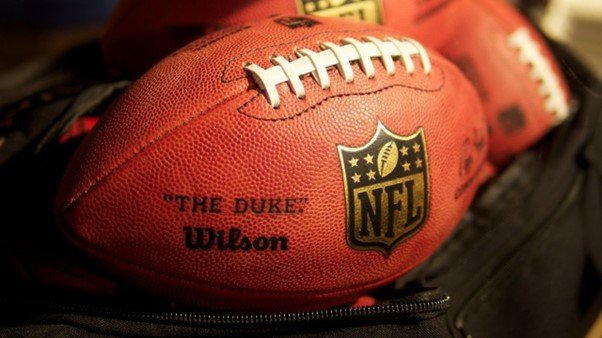
Betting on sports is complex, especially when winning means you have to go against your favorite teams. The sports betting sector is growing globally, with notable revenues such as 386 million Macao patacas from Macao’s soccer sports lottery and 7.56 billion dollars from the US in 2022, according to data. However, the largest markets are often part of broader gambling sectors, making it hard to pinpoint the leader in sports betting alone although it’s most frequently seen in the USA throughout the year, specially near October/November.
While betting often favors the favorite, as the odds are mostly correct, the magic of seeing that 0.5% chance team beating the champion is what makes sports so fun and entertaining. In 2004, economist Steven Levitt discovered that bookmakers set point spreads to balance the odds at around 50 percent, slightly favoring the underdog. This strategy increases bookmakers’ profits since people tend to bet on the favorite more often.
Yet the question remains: why do people bet on favorites so frequently? Although surprising, people don’t tend to research much before placing their bets, usually going for the general favorite or their beloved team. Research by Joseph Simmons and Leif Nelson suggests that bettors rely heavily on their intuition. When it’s easy to determine which team will win, bettors feel confident in their choice and overlook the challenge of the point spread. This overconfidence leads them to believe that the favorite will also cover the spread, even when it might not.
This behavior is evident in a research by KTO betting site about wages placed during the 2022 FIFA World Cup. According to it, the most betted teams were Brazil (67.23%) and Argentina (61.09%), even when the odds weren’t favorable for them. Most of those bets were placed before the game started, which is an indicator of the faith users put on their favorites. Although Brazil and Argentina have a long history of football rivalry, we can still see how Latin American countries support each other during big events, even complimenting players and matches.

As for types, online betting is still the preferred method, especially in the US, where bettors are nearly three times more likely to bet online than in person. The number of online sports bettors in the US is expected to grow to nearly 37 million by 2025. Globally, the online gambling market is projected to exceed 184 billion dollars by 2032.
It’s important to remember that although the odds revolve around the probability of an outcome expressed as a price, it’s not actually the real-life probability. As explained in this article by Forbes: “For example, if the Buffalo Bills have +700 odds to win the Super Bowl, a $100 bet would win $700 if they capture the title. Conversely, taking the New York Yankees at -150 odds to beat the Los Angeles Dodgers in the World Series means you need to bet $150 to win $100.” You can win on both cases, but you won’t win the same amount however.
Finally, sports betting is not ultimately designed to be a whole business model. It’s supposed to be a fun wage placed in sports you love to make the matches more interesting and entertaining. Even among the professional bettors, the win rates revolve around 50%, meaning that there’s no way to win all the time. Our advice is: trust your instincts, play safe, and have fun!




